
The application of the global minimum corporate income tax policy in Vietnam is expected to serve as a catalyst to expedite policy reforms and promote international integration efforts of the country, according to insiders.

They stressed that this can create an impetus for Vietnam to review and improve its tax policies in line with global standards, thus enhancing the country’s competitiveness and attractiveness to foreign investors.
Under the direction of the National Assembly and the Government, ministries and sectors are working on building and issuing detailed guiding documents along with supportive measures to apply the global minimum corporate income tax policy in Vietnam, which is scheduled to take effect from January 1, 2024.

The global minimum tax rule was initiated by the Organization for Economic Cooperation and Development (OECD). Accordingly, multinational enterprises (MNEs) with revenue above EUR 750 million (821.7 million USD) will be subject to a minimum tax rate of 15%. Many members of the OECD announced that they will apply the rule from 2024.
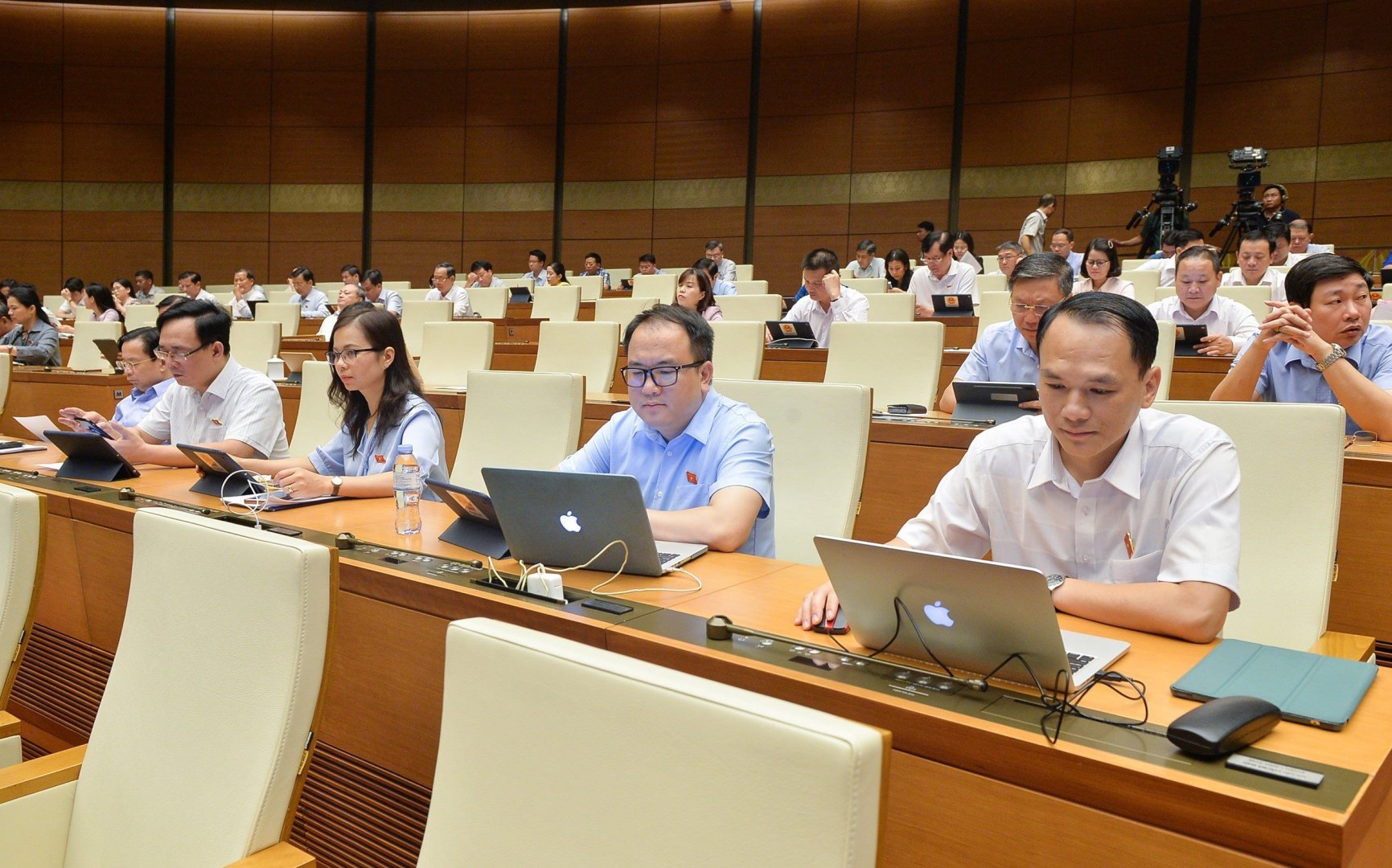
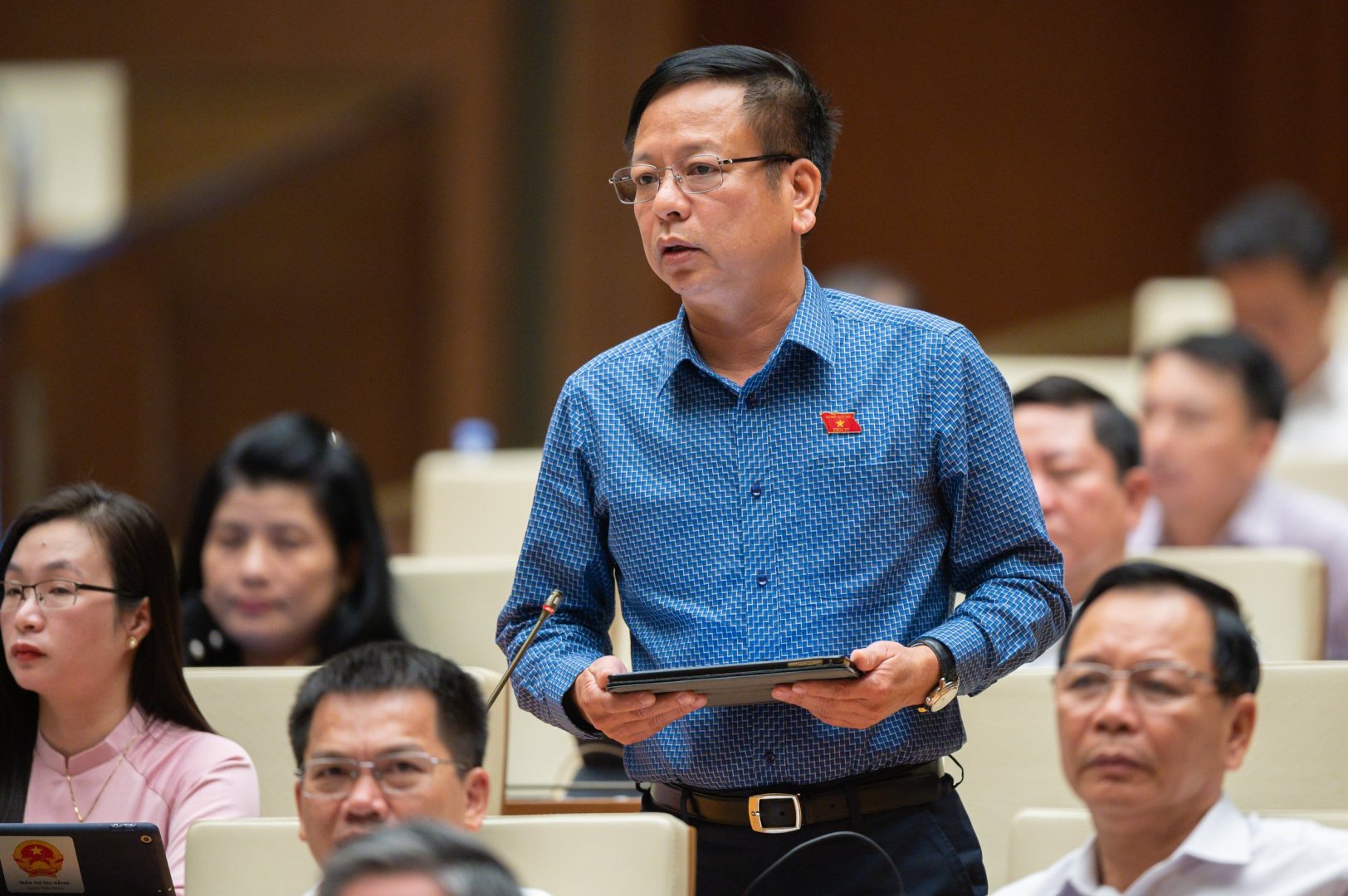
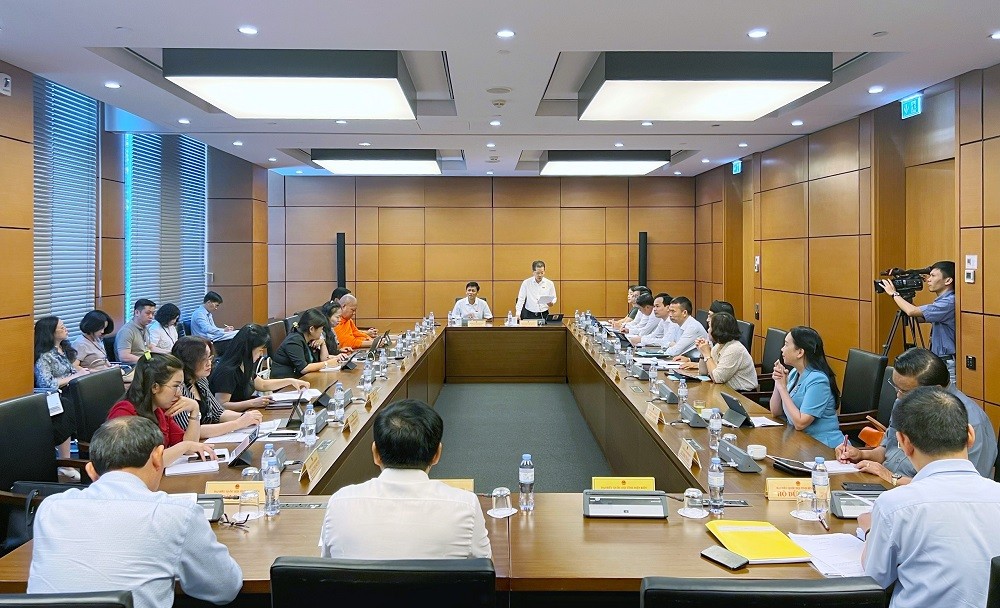

Statistics show that there are 335 projects with registered capital exceeding 100 million USD each in the processing and manufacturing sector in Vietnamese economic zones and industrial parks. These projects, including hi-tech enterprises such as Samsung, Intel, LG, Bosch, Sharp, Panasonic, Foxconn, and Pegatron, are enjoying preferential corporate income tax rates lower than 15%. With the total registered capital of 131.3 billion USD, accounting for nearly 30% of the total FDI capital in Vietnam, these projects may potentially be affected by the global minimum tax.
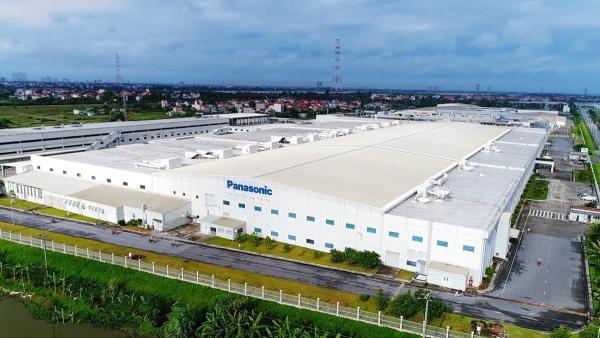
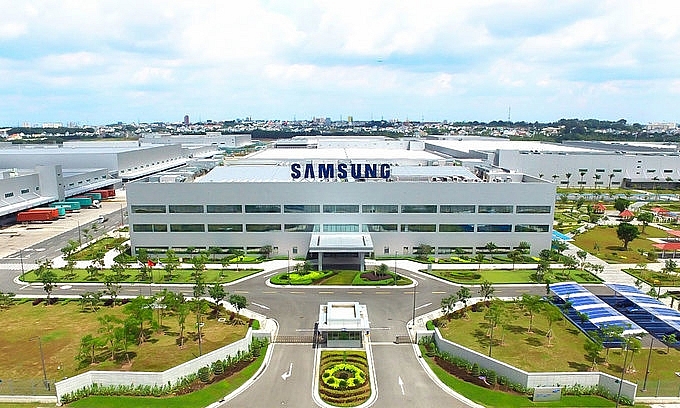

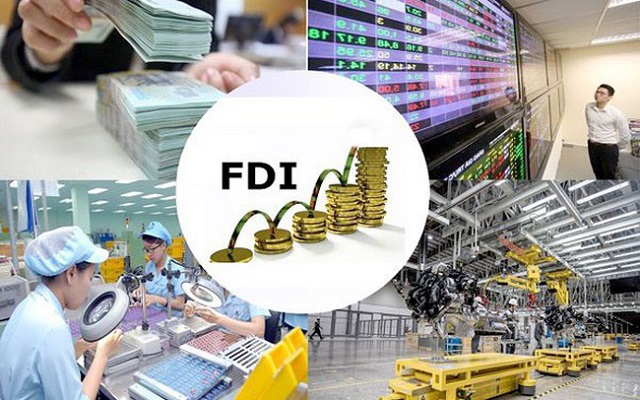
If the global minimum tax is applied and Vietnam fails to implement effective response measures in a timely manner, the benefits derived from the current corporate income tax incentives enjoyed by FDI projects in Vietnam may diminish. This could have an impact on Vietnam’s competitive advantage in attracting foreign investment.

According to Le Thi Thuy Van, Deputy General Director of the Institute of Financial Strategy and Policy under the Ministry of Finance, if the minimum tax rate is applied, it will undoubtedly affect Vietnam’s efforts to attract foreign investment.
Vice Chairman of the Vietnam Association of Foreign Invested Enterprises (VAFIE) Nguyen Van Toan said apart from incentives related to land and favourable legal frameworks, tax incentives have been always an effective tool for attracting foreign investment in Vietnam.
Positive signs to improve competitiveness
According to the Ministry of Finance, there are 1,015 foreign direct investment (FDI) enterprises subject to the global minimum tax, accounting for 4.5% of the total number of businesses in Vietnam. Among them, over 70 enterprises are likely to be affected by the global minimum tax rate.

Minister of Finance Ho Duc Phoc said if countries with parent companies apply the global minimum tax, they will be able to collect additional tax of estimated over 12 trillion VND (nearly 508 million USD) in 2024. In that scenario, Vietnam’s tax incentives will no longer be an attraction to investors and posing a challenge for Vietnam to maintain a competitive investment environment.
Economist Nguyen Bich Lam, former General Director of the General Statistics Office, said if Vietnam does not apply the global minimum tax, FDI enterprises in Vietnam will not benefit from the policy either because the differential tax amount will be collected by governments of the countries owning those FDI enterprises in Vietnam.

According to Lam, FDI enterprises will not be concerned about whether the Vietnamese government applies the global minimum tax or not. They are willing to pay a corporate income tax rate of 15%, but they will request the government to have other preferential policies to encourage investment, production, and business.
Lam said the National Assembly needs to work with the Government to review, amend, and update legal regulations; and build and implement policies and solutions related to the application of the global minimum tax with a proactive approach in policy-making, and ensure compliance with Vietnam’s financial conditions, the new tax rules, and the country’s orientations in attracting foreign investment.
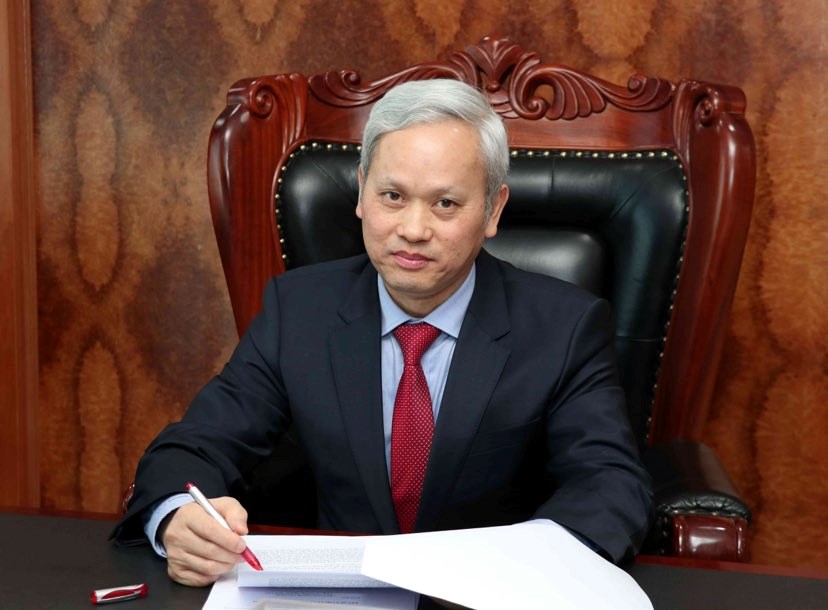
Deputy Minister of Planning and Investment Nguyen Thi Bich Ngoc said Vietnam’s foreign investment cooperation strategy in the 2021 – 2030 period focuses on attracting foreign investment with specific strategies; and selecting regions, markets, and partners to promote cooperation and development in line with the global and regional context, and reduce dependence on high-risk and dispute-prone markets.
The strategy prioritises global production and supply chain connectivity; attracting green investment, high technology, support industries, and advanced management and administration methods. It also seeks to ensure a balance between the interests of investors and those of the State and people.
Committing to applying the global minimum tax may create both pressure and an opportunity to drive Vietnam’s reform and improvement of the legal framework related to taxation in line with international standards and norms, thus building trust, promoting integration, and elevating Vietnam’s economic position in the international arena, Bich added.
The global minimum tax rule (the Pillar Two model) provides governments with a precise template for taking forward the two-pillar solution to address the tax challenges arising from digitalisation and globalisation of the economy agreed in October 2021 by 137 countries and jurisdictions under the OECD/G20 Inclusive Framework on the Base erosion and profit shifting (BEPS).
Vietnam became the 100th member of the BEPS forum in 2017. By joining BEPS relatively early, it signifies that Vietnam is ready for new opportunities, new circumstances, and new conditions in attracting foreign investment.
Most European Union countries, Switzerland, the UK, the Republic of Korea, Japan, Singapore, Indonesia, Hong Kong (China), Australia, and others have confirmed their commitment to applying the rule, starting from 2024./.
